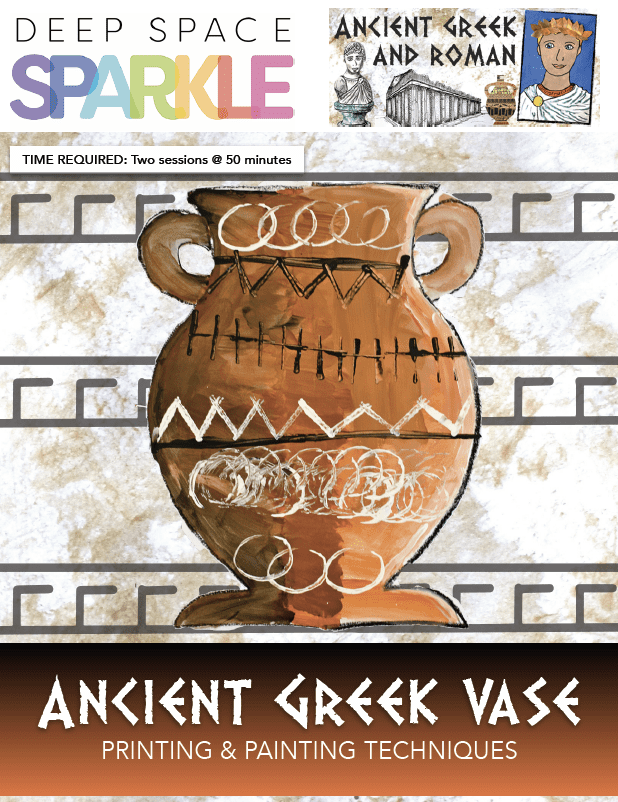
In this lesson, children create an Ancient Greek Vase with paper and paint. They explore the element of FORM through creating value to make their vase look 3D while using... Learn More
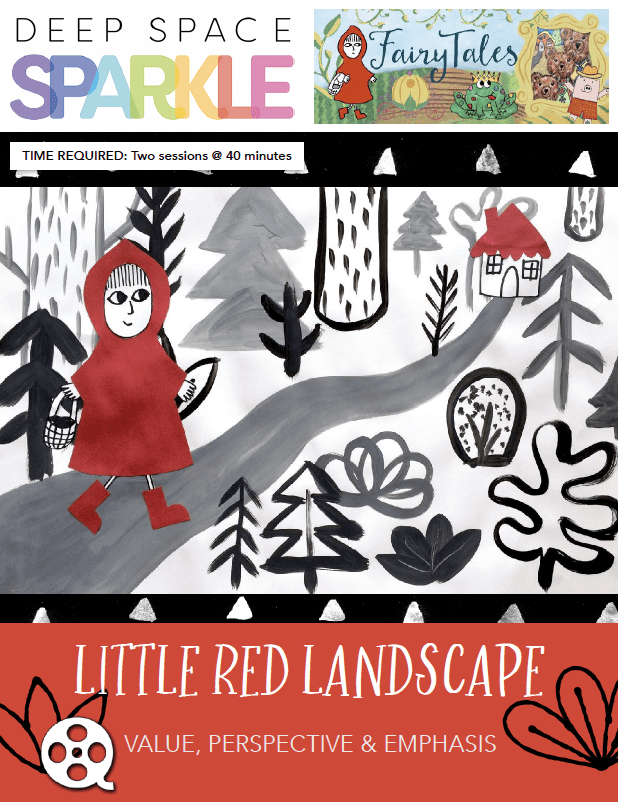
“Little Red Riding Hood” is a classic fairy tale story of a little girl headed to her grandmother’s house who meets a wolf who is up to no good. Little... Learn More
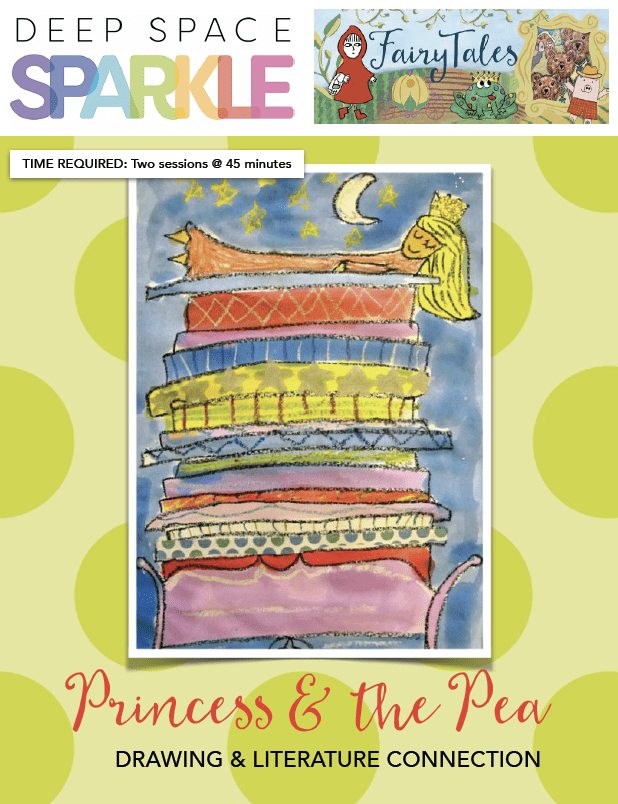
Here is a great lesson that uses oil pastels/crayons and watercolor for a classic resist lesson. Since it is very easy to draw, this Princess and the Pea project can... Learn More
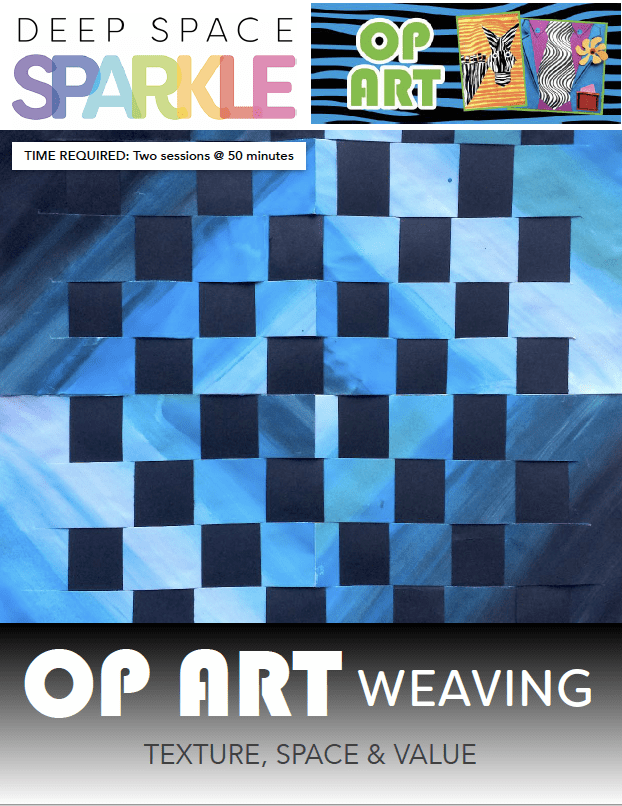
This dynamic art project combines painting with tempera paint and paper weaving. The end result is a stunning Op Art image. By painting the stripes and then cutting the painting... Learn More
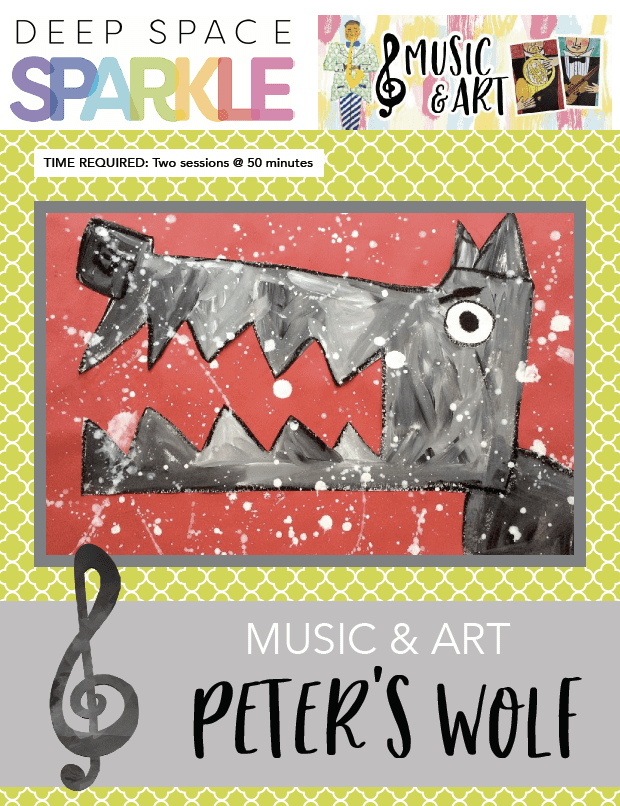
Despite his character flaws in the story of Peter and the Wolf, the wolf is a fun subject for this lesson for young artists. The unique spin that each of... Learn More
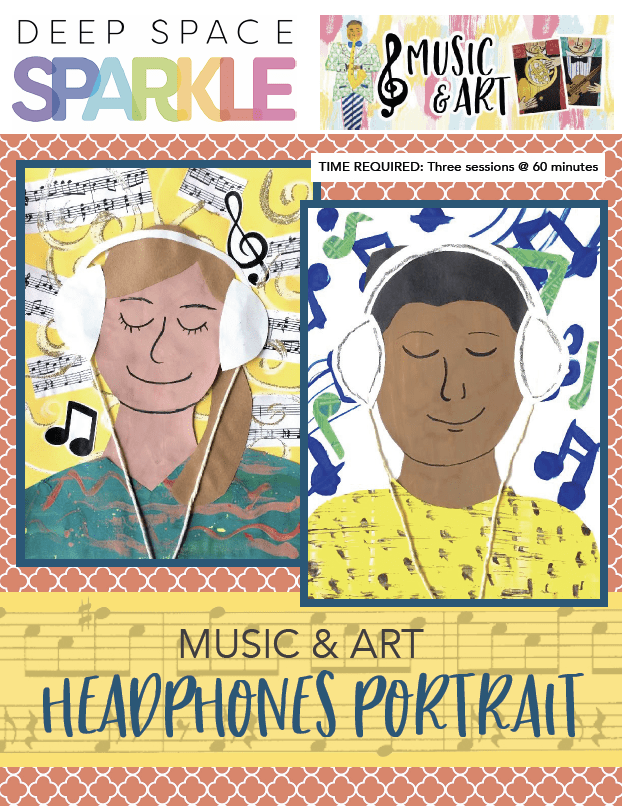
Music in undeniably a form of artistic expression that causes a feeling and mood for those listening. This lesson asks the artist to harness that feeling and create a visual... Learn More
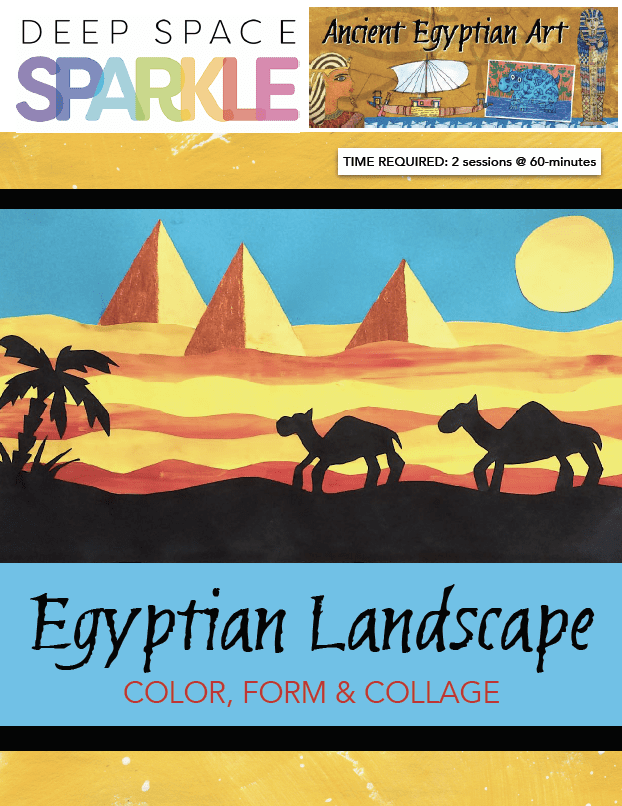
When you think of warm colors, it’s easy to think of the warm sun and hot sand, which is perfect for this warm color lesson that features the desert of... Learn More
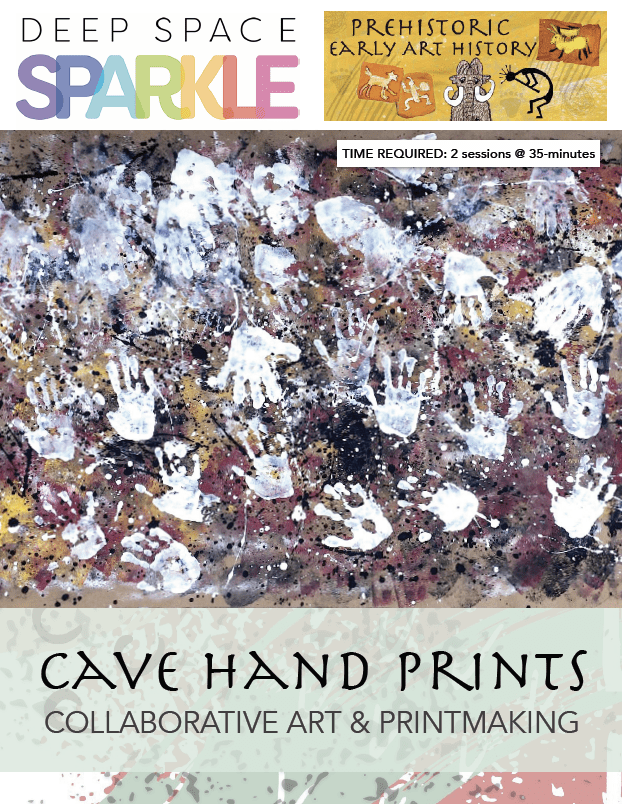
This interactive handprint project can be done collaboratively or individually. This lesson features one of the simplest forms of printmaking: a handprint. In just three steps, your students will create... Learn More
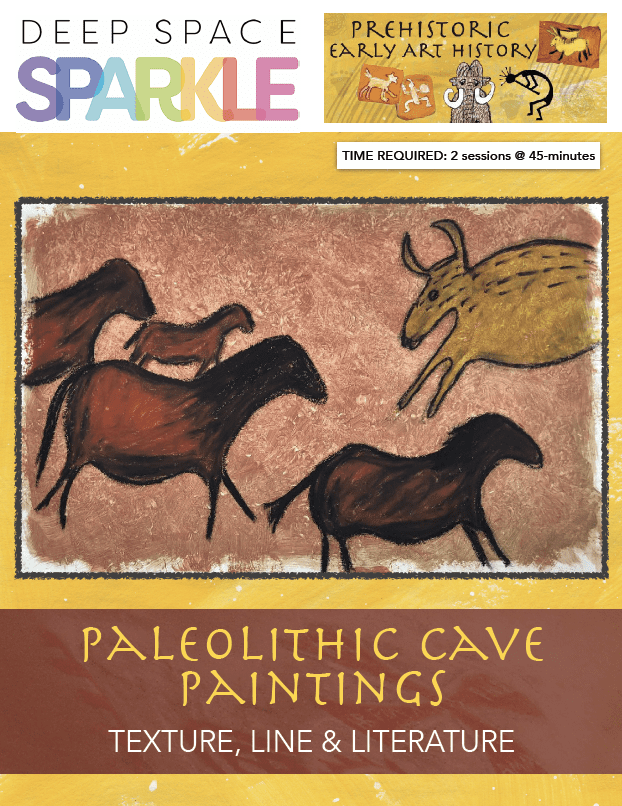
Students will have fun creating a textured background to use as their “cave wall” to draw animals on. Students can relax knowing their animals don’t have to be perfect, the... Learn More
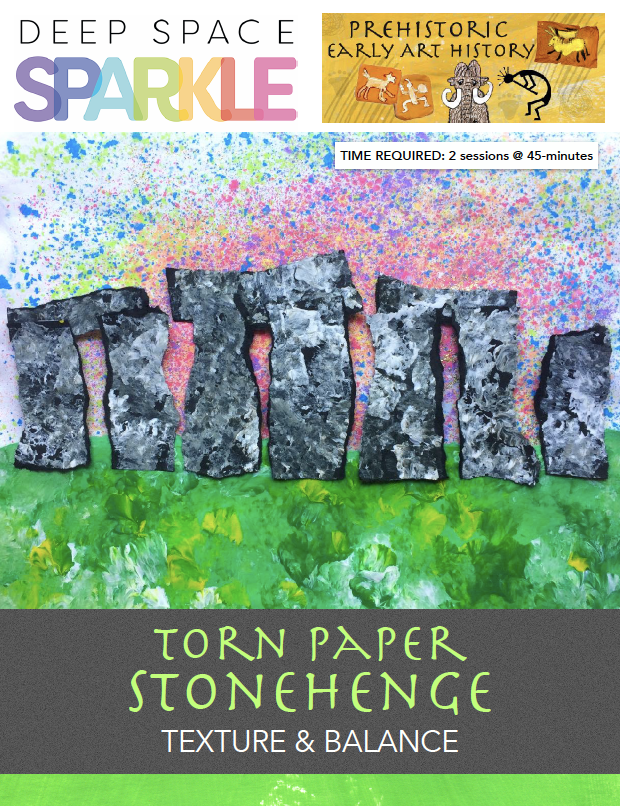
I love how this Stonehenge lesson starts with a variety of paper treatments that are combined and result in a stunning collage. Sponge paintings provides the rough, textured look of... Learn More
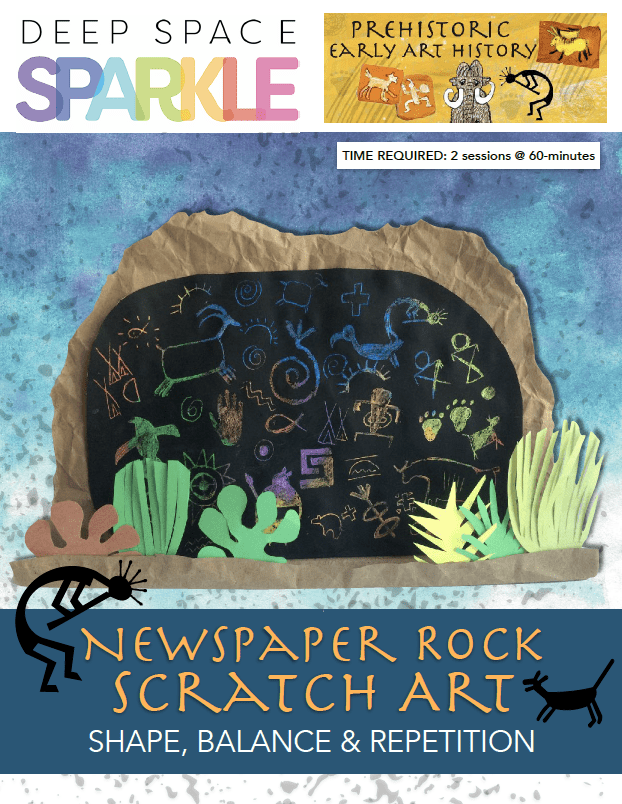
When I was a kid, I loved creating my own scratch art. I would color a page in my notebook with bright colors and then color over the whole thing... Learn More
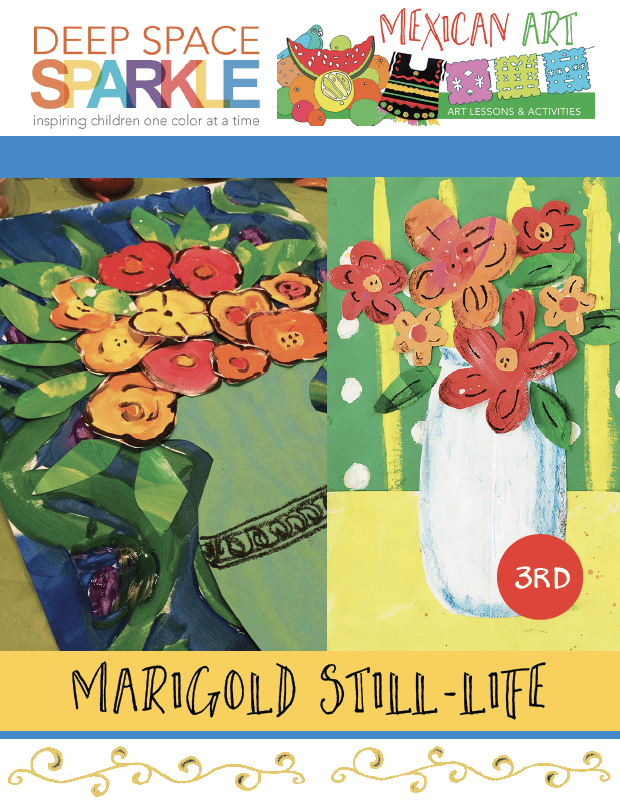
While not necessarily a Mexican-inspired project, this lesson is a great way to scale the EASY MARIGOLD lesson for older kids. Whereas the individual marigolds are stunning, older children can... Learn More
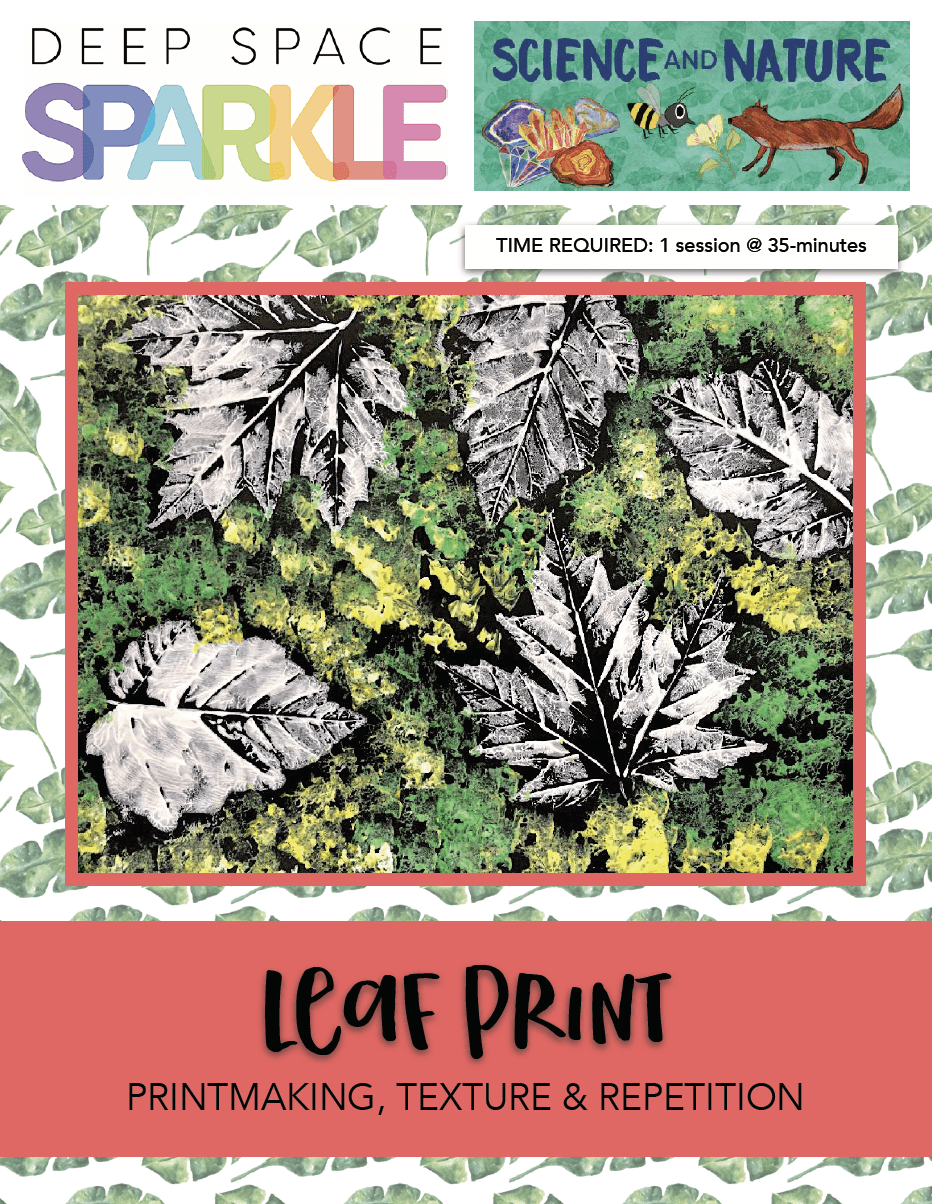
This is one of those lessons that is super simple, but the results are phenomenal! If you want to teach a lesson on printmaking, this lesson is a good one... Learn More

Have you ever stood under redwood trees in northern California or southern Oregon? They are breathtaking giants and a compelling subject for art. This lesson is a great addition to... Learn More
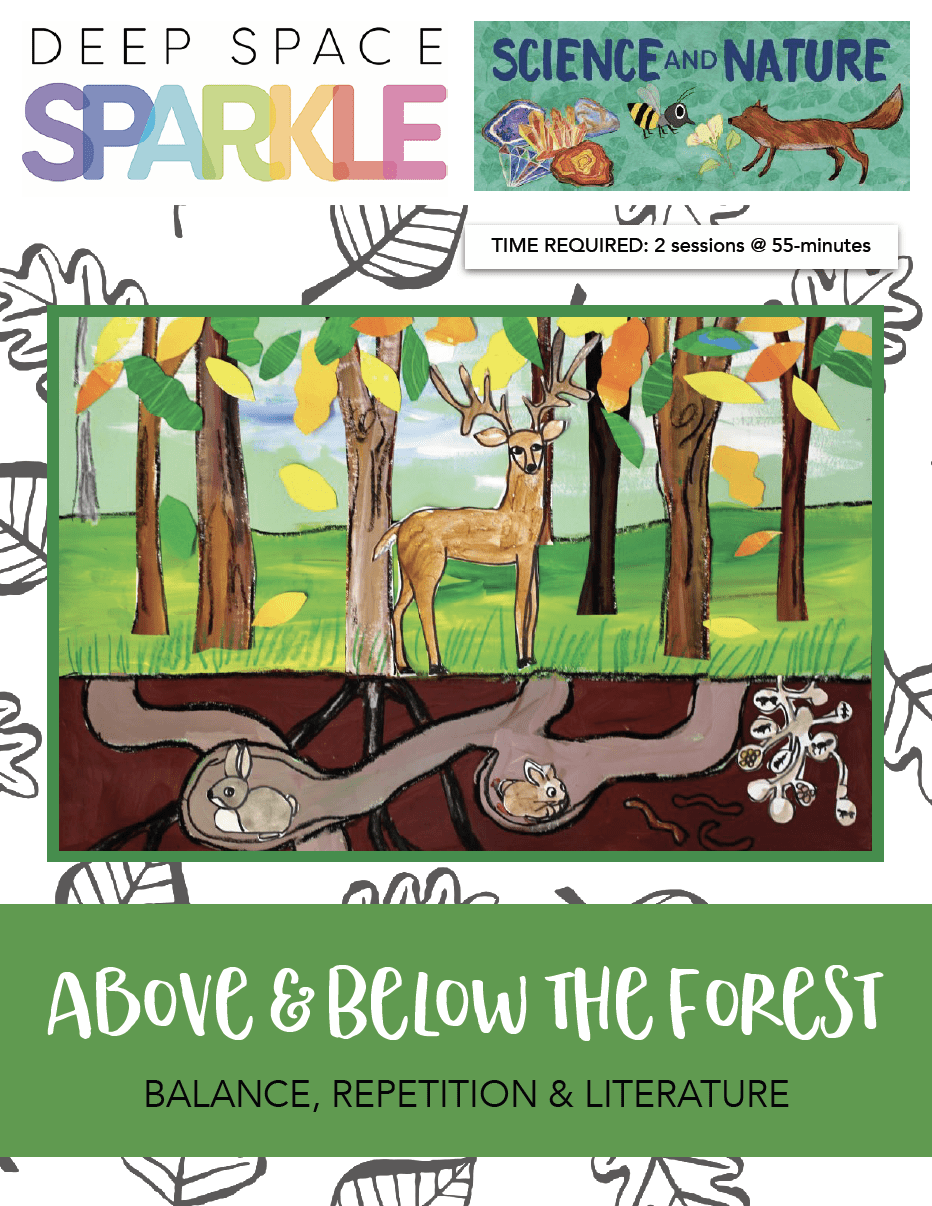
Above and Below by Patricia Hegarty and illustrated by Hanako Clulow is the inspiration for this art project. This informative book talks about what lives above and below in many... Learn More
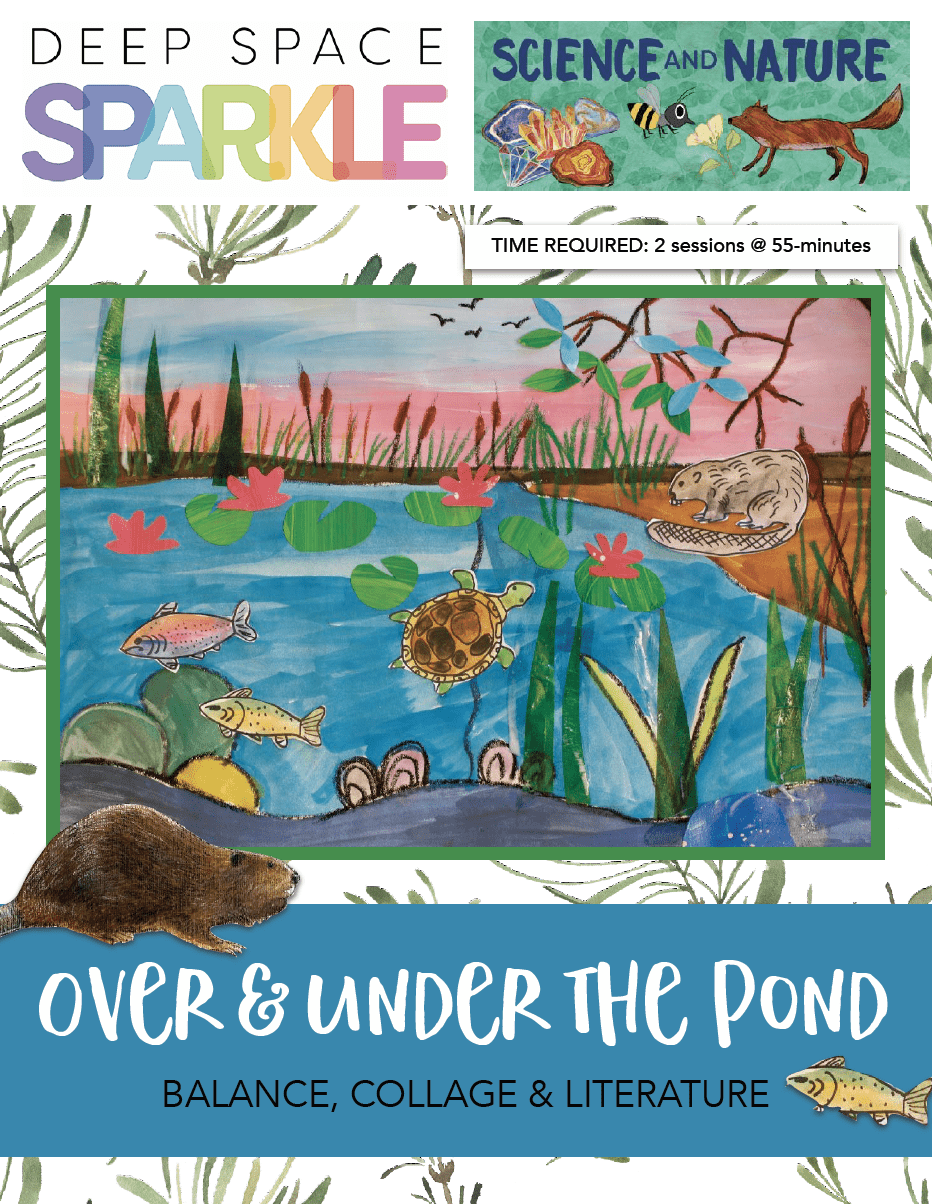
Over and Under the Pond by Kate Messner and illustrated by Christopher Silas Neal is the inspiration for this art project. It combines the perfect amount of text with beautiful... Learn More
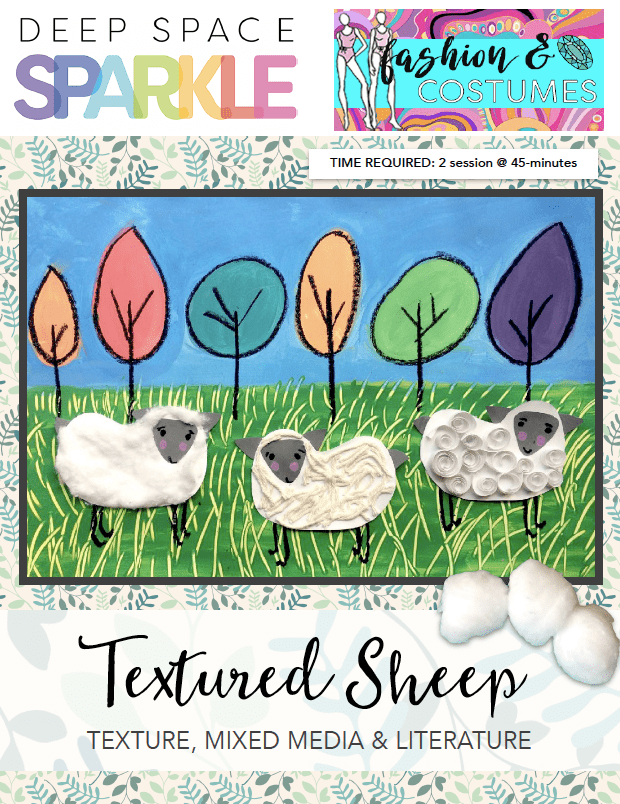
Lily Wool by Paula Vásquez is a way to introduce your students to where wool comes from and its use in making clothing. In this adorable story, we find Lily,... Learn More
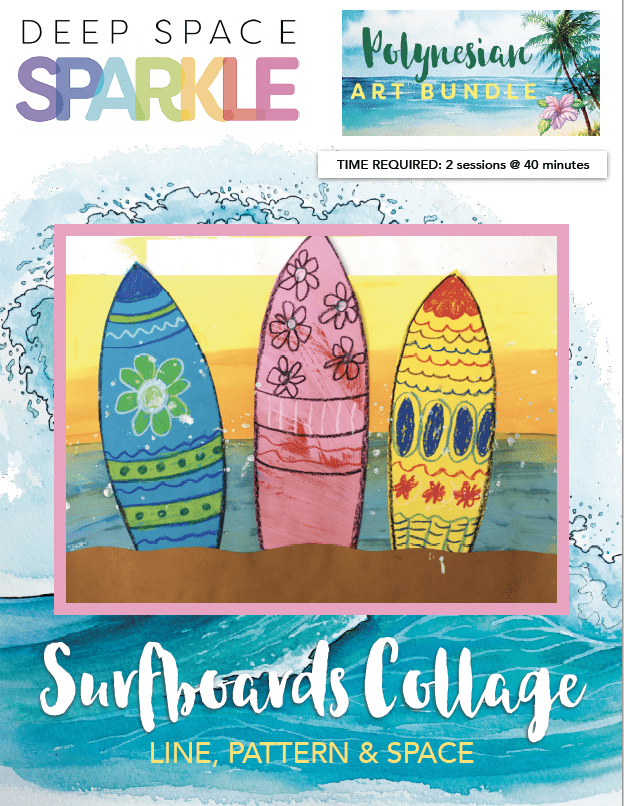
In this lesson your students will be surfboard designers! They will get to choose the lines and patterns that will decorate their three surfboards on the beach. Use this collage... Learn More